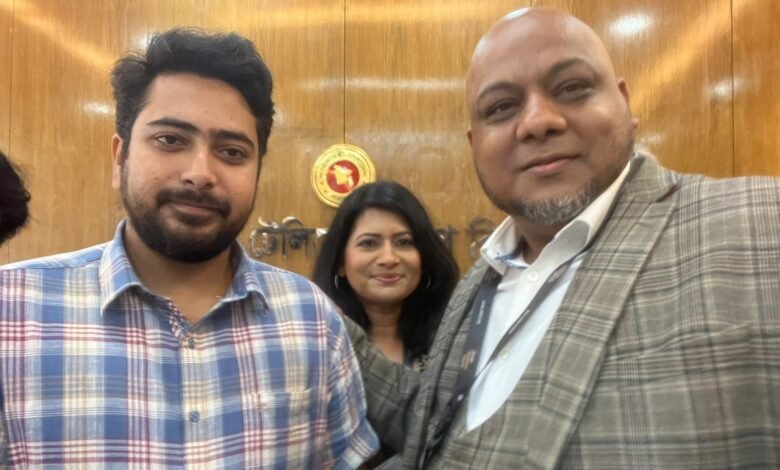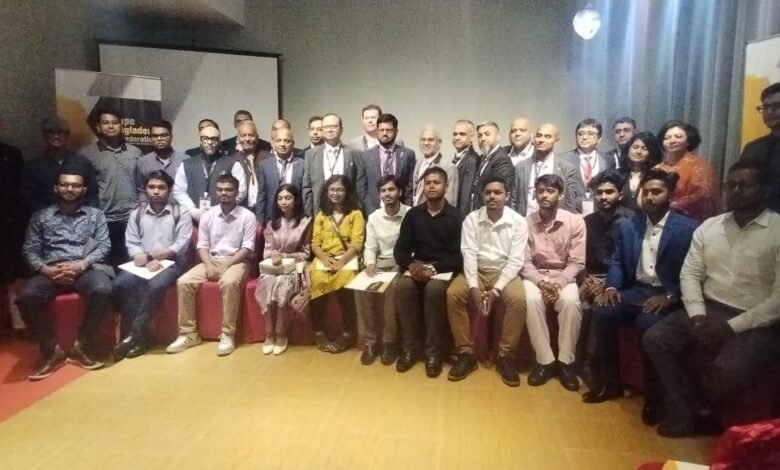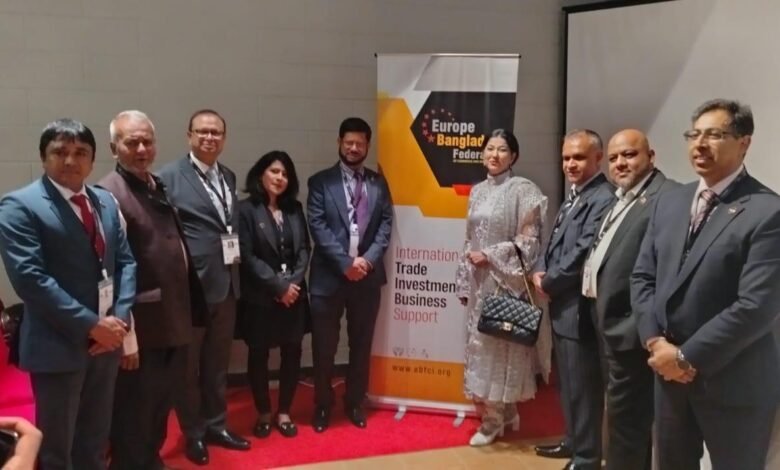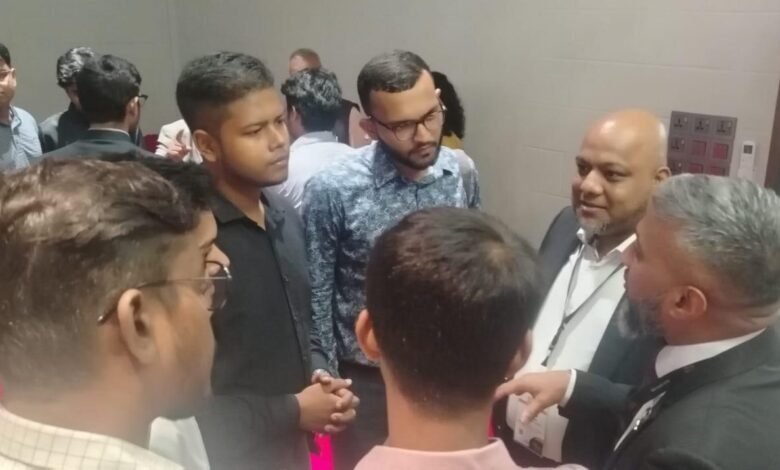A Nation on the Brink: Bangladesh’s Student Revolution and the Path to Reform
Dhaka, October 2024 – Bangladesh finds itself at a pivotal point in its history, following a student-led বিদ্রোহ (uprising) that toppled the 15-year rule of Prime Minister Sheikh Hasina. This new chapter is being written by the youth, civil society, and a newly-formed caretaker government, which includes Nobel Laureate Muhammad Yunus as a key figure and Nahid Islam, one of the student leaders who played a central role in mobilising the revolution.
Sheikh Hasina’s downfall came amidst widespread discontent over her government’s increasingly repressive policies, including restrictions on freedom of speech and controversial employment quotas. Nahid Islam and other young activists became the faces of this গণ আন্দোলন (mass movement), which sparked across university campuses and spread nationwide, calling for a fairer, more accountable governance structure.
An Economy in Flux: Challenges and Opportunities
Bangladesh’s economic stability was shaken prior to the revolution, with inflation soaring above 10% during Hasina’s final years in power. Economist Jyoti Rahman highlighted the caretaker government’s initial successes in stabilising the economy, with inflation projected to decrease to around 7%. However, the road to financial recovery requires more than short-term solutions. Stabilising the taka (Bangladesh’s currency) is a priority to restore international confidence and ensure remittances — a crucial lifeline for millions of families in the Bangladeshi diaspora — remain stable and transparent.
The garment industry, the heart of Bangladesh’s economy, has also felt the ripples of change. The sector has historically powered the nation’s rapid growth, with “Made in Bangladesh” tags appearing on clothing racks from London to New York. Yet the political turbulence and global supply chain disruptions, such as those stemming from the Russia-Ukraine conflict, have forced international buyers to reconsider sourcing from Bangladesh, threatening a vital economic artery.
Rubana Huq, a prominent business leader in the garments sector, has cautioned that the revolution’s uncertainty has led some buyers to shift orders to competitors like India, Pakistan, and Cambodia. “The buyer is constantly chasing us for on-time shipment, and as much as they sympathise, the market waits for no one,” Huq explained. The industry, she urged, must band together to stabilise prices and regain buyer confidence.
The Global Perspective: A Visit from the European-Bangladeshi Delegation
Against this backdrop, the role of international support has become crucial. Naseem Talukdar, a Non-Executive Director of the European Bangladesh Federation of Commerce and Industry (EBFCI), recently led a delegation to Dhaka. The delegation’s aim was to discuss trade, investment, and environmental initiatives to foster greater economic cooperation between the UK, Europe, and Bangladesh during this transitional period.
During the EBFCI press briefing on September 28 at the Hotel Omni Residency, Talukdar addressed a room filled with journalists, business leaders, and student activists, including Nahid Islam. He commended the contributions of the “remittance fighters,” migrant workers who send money back to Bangladesh and provide vital economic support to their families and the nation. Additionally, Talukdar outlined the EBFCI’s initiatives like Project Against Plastic (PAP), which aims to combat deforestation and promote environmental sustainability, crucial given Bangladesh’s vulnerability to climate change and environmental degradation.
Talukdar’s message was clear: the international community stands ready to support Bangladesh, but sustainable progress requires both political and economic reforms. His words underscored a vision where international partnerships can work hand-in-hand with local efforts to ensure the gains of the revolution are not just preserved but also amplified.
Navigating a Complex Transition: Reform and Democracy
The caretaker government, led by figures like Yunus and Islam, faces the daunting task of steering Bangladesh through a period of upheaval. Political institutions need to be rebuilt, accountability measures enforced, and a new democratic culture fostered to replace the zero-sum politics of the past.
While holding fresh elections is essential for restoring democratic legitimacy, there are concerns that rushing the process may empower established elites who are less inclined to pursue systemic change. Bangladesh’s Gen-Z protesters — the faces of the revolution — are keenly aware of this risk and remain vigilant. Should they sense a return to the status quo, they are prepared to reignite their movement and hold the new leadership to account.
A Shared Journey Forward
Bangladesh’s success in navigating this critical juncture will require not just internal strength but global partnerships. The presence of international delegations like that of Naseem Talukdar’s from the EBFCI highlights the global interest in Bangladesh’s path forward. A path where inclusive development, social justice, and economic stability align with the aspirations of millions of Bangladeshis both at home and abroad.
From the campus corridors of Dhaka University to the bustling markets of Chittagong and the garment factories that dot the nation, there is a sense of renewed hope. But the question remains: can this hope be transformed into tangible change that elevates Bangladesh’s democracy and economy to new heights?
As the proverb goes, “আশা করি দুর্ভাগ্যও ঘুচবে” — hope can banish misfortune. The next chapter for Bangladesh is one that holds the promise of renewal, but it will require both courage and collaboration to make that promise a reality.










